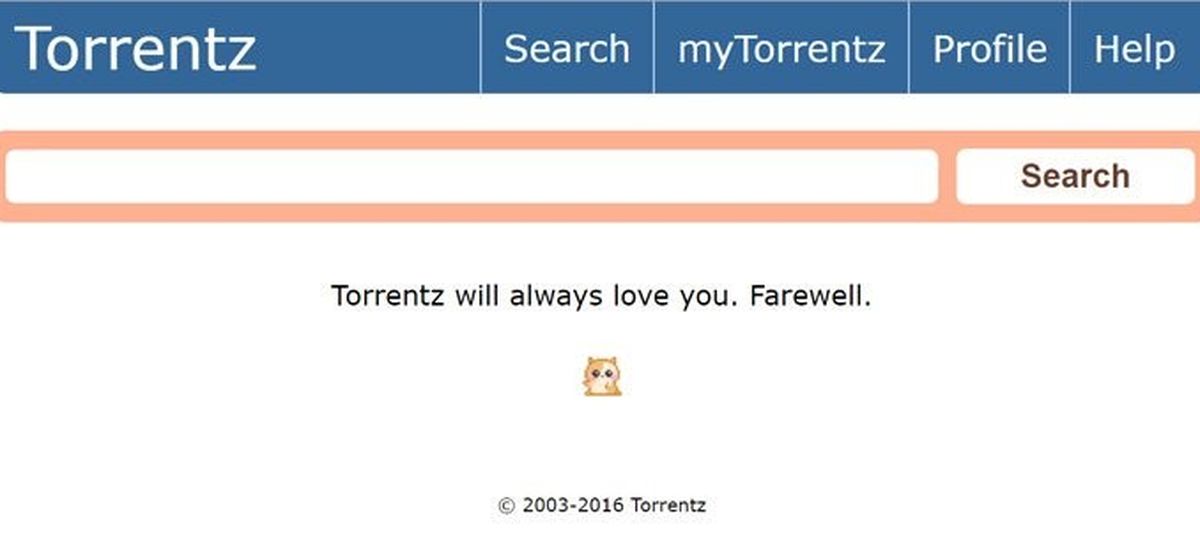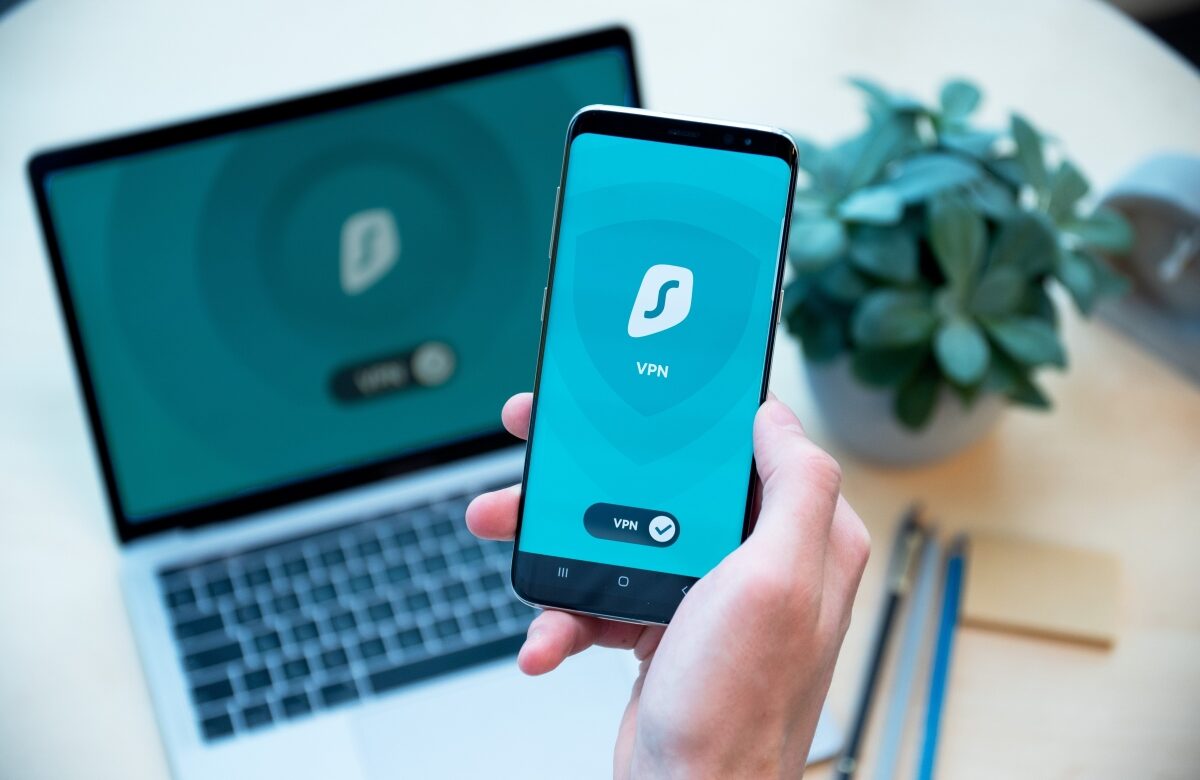
Protect Your Digital Privacy With a VPN
- Software
- February 3, 2022
- No Comment
- 385
Many people are concerned with their privacy online. This is especially important for people who use the internet frequently or if they have a medical condition. Your online activity can be tracked, so you want to ensure your digital privacy. However, your Internet service provider is likely to sell the information they collect about you. Fortunately, it’s cheap and easy to use a VPN. In addition to providing world-class security protections, VPNs are also convenient and inexpensive.
When it comes to protecting your privacy, a VPN can protect you from the many ways your information may be exposed. For example, your IP address can be tied to your web browser, which can be tracked by your internet service provider. Using a VPN to secure your connection can protect your information from eavesdroppers. In addition, using a VPN allows you to access content only available in other countries. By default, a VPN will hide your IP address, so your home country will not know you’re using it.
Another way to protect your privacy is to not use public Wi-Fi. If you’re browsing in public, your IP address can be captured by anyone with a VPN. This means that anyone with a copy of your IP address can view your search history. Using a VPN will protect your search history while using a public or a school computer, but you’re still at risk if you’re using a public Wi-Fi connection.
The most important thing to do is to leave your VPN on at all times. Public Wi-Fi is notoriously unsecure and serves as a tempting target for hackers. In addition to securing your privacy online, you should also use a VPN when you need to access sensitive accounts. This includes logging into financial accounts, which can expose your personal information. And remember, when you are at work, you can safely be assured that the information you’re entering is safe with a VPN.
A VPN is an excellent way to protect your online privacy. Almost everyone has access to public Wi-Fi, so your data could be captured by strangers. By using a VPN, you can keep your browsing history private. You can also use a VPN to browse the internet anonymously. You can download it on a laptop or smartphone. If you don’t have a VPN, you can also connect it to a public Wi-Fi network to protect your privacy.
Most people access the Internet using their mobile devices. These devices exchange huge amounts of data over public networks. This can leave your personal information exposed to unauthorized people. A VPN can mitigate this problem by encrypting your data and shielding it as it’s transferred. This is a valuable feature for online security. By using a VPN, you’ll be able to browse the internet anonymously. If you use public Wi-Fi, you can also avoid being tracked.
Using a VPN can make your data more secure. By encrypting your data, a VPN can keep your data safe from spies. Its IP address is the unique number that connects to the internet. This can prevent unwanted data from being captured and accessed by others. With a VPN, your search history is encrypted and secure. It’s also impossible to track your IP address on a public network.
While a VPN can protect your search history, it cannot guarantee your privacy. Whether you’re using public Wi-Fi or a private network, your IP address is publicly visible and can be intercepted. Your IP address can be used to identify you, so a VPN will ensure your privacy. The internet is an international market and your location may change over time. This can be a problem for your data.
Using a VPN is one of the best ways to protect your privacy on the internet. Unlike public WiFi networks, a VPN protects your connection and data as it transfers through the internet. Even if your computer is set to “allow” it to access your computer, your VPN can prevent your traffic from being intercepted and tracked. If you’re concerned about your privacy, it’s important to use a VPN. A VPN will protect your connection and ensure your data is never shared with third parties.









